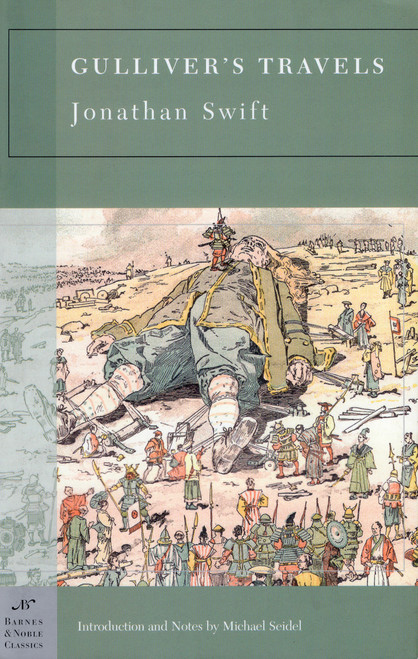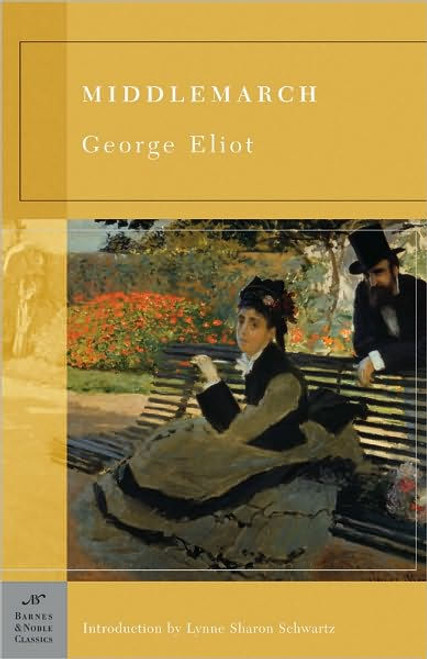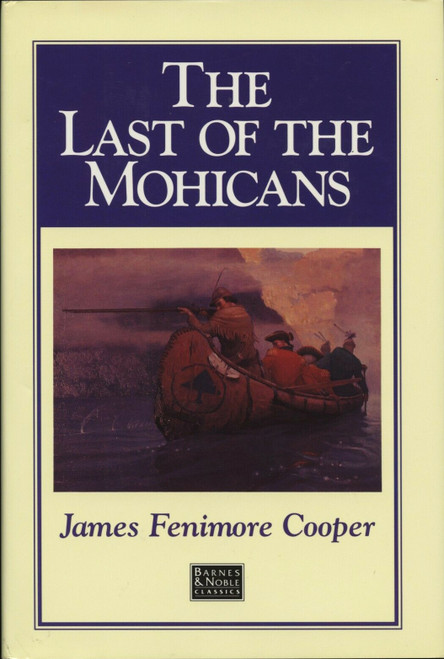Considered the greatest satire ever written in English, Jonathan Swift’s Gulliver’s Travels chronicles the fantastic voyages of Lemuel Gulliver, principally to four marvelous realms: Lilliput, where the people are six inches tall; Brobdingnag, a land inhabited by giants; Laputa, a wondrous flying island; and a country where the Houyhnhnms, a race of intelligent horses, are served by savage humanoid creatures called Yahoos.
Beneath the surface of this enchanting fantasy lurks a devastating critique of human malevolence, stupidity, greed, vanity, and short-sightedness. A brilliant combination of adventure, humor, and philosophy, Gulliver’s Travels is one of literature’s most durable masterpieces.
With an Introduction and Notes by Michael Seidel
About the Author
Anglo-Irish author Jonathan Swift was born in Dublin on November 20, 1667. He was best known for his political satire in pieces such as A Modest Proposal and Gulliver's Travels. After spending his youth in London, he returned to Dublin to serve as the Dean of St. Patrick's Cathedral. He died on October 19, 1745.
Michael Seidel is Jesse and George Siegel Professor in the Humanities at Columbia University. He has written widely on eighteenth-century literature. His books include Satiric Inheritance: Rabelais to Sterne (1979), Exile and the Narrative Imagination (1986), and Robinson Crusoe: Island Myths and the Novel (1991).







